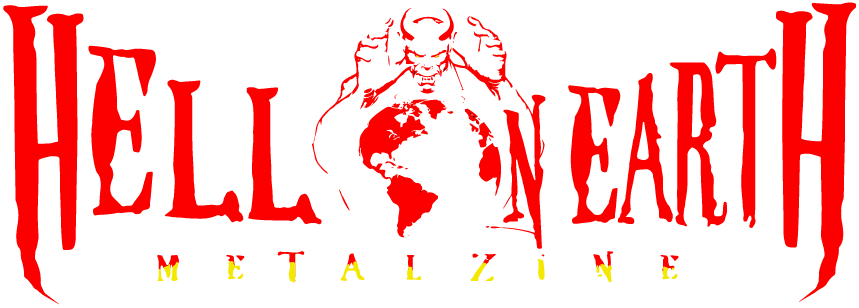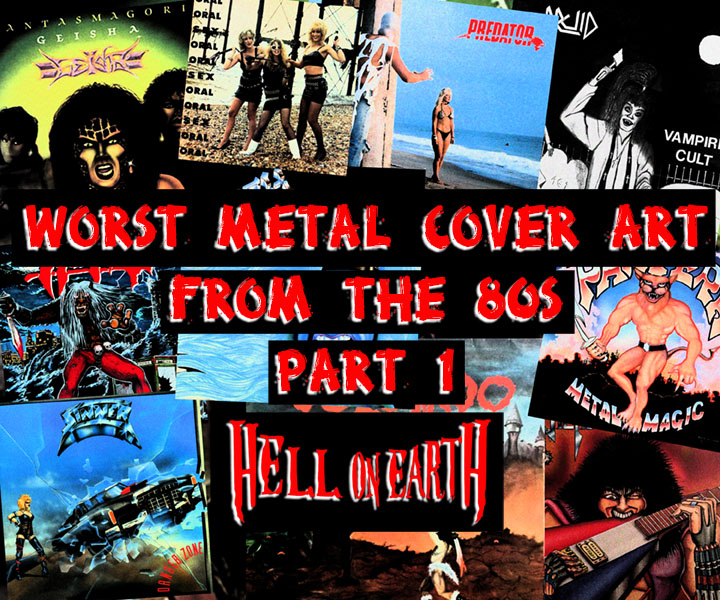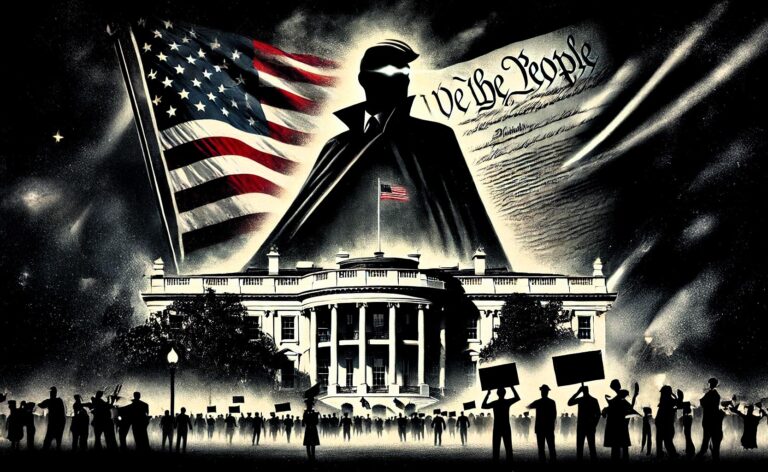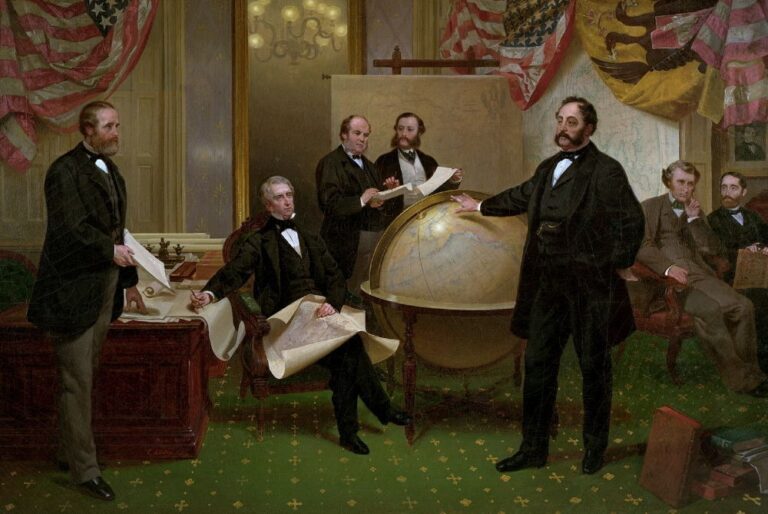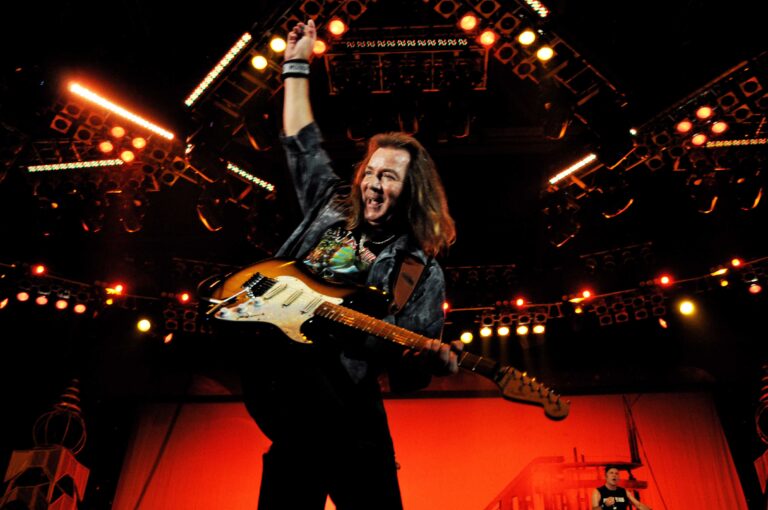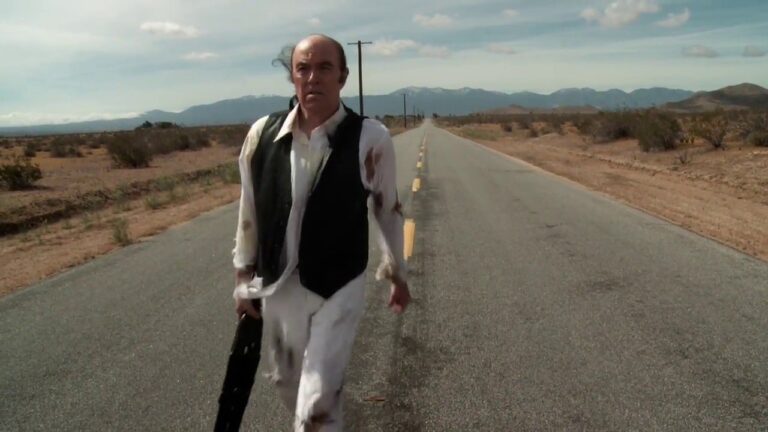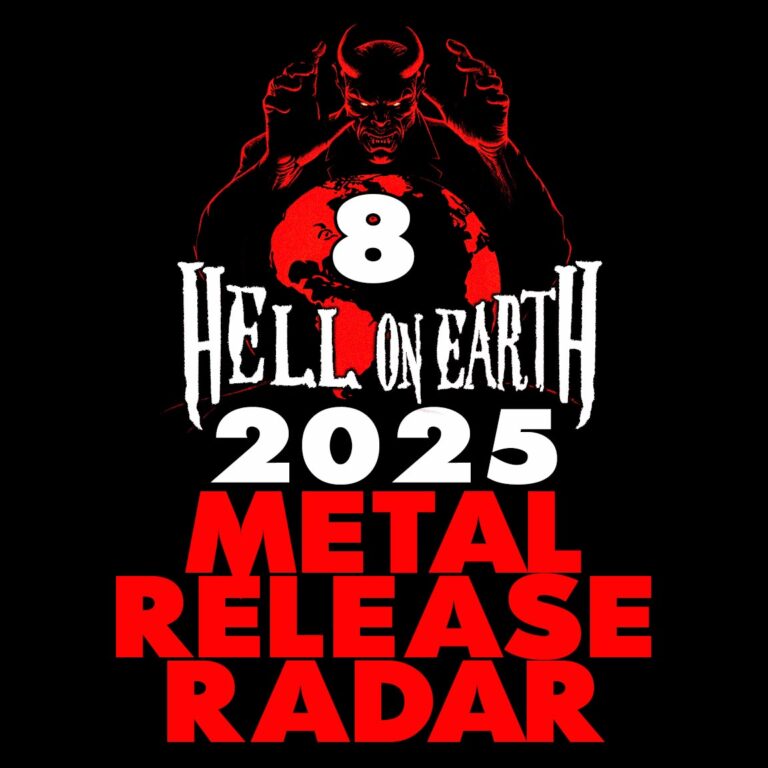
The future of film music may be changing faster than we think, and even horror legends John Carpenter and Claudio Simonetti—two of the most influential composers in the genre—are taking notice. In a recent conversation at Hero Magazine, the two icons shared their thoughts on artificial intelligence’s increasing role in music, particularly within the film industry.
Carpenter, best known for his minimalist yet chilling synth-driven scores in Halloween, The Fog, and Escape from New York, expressed his amazement at the rapid advancements in AI-generated music. “You should listen to some of the music generated by AI,” Carpenter said. “They have Frank Sinatra singing Smells Like Teen Spirit. It’s incredible. It sounds just like him. They have Johnny Cash singing Barbie. It’s really hard for me to tell the difference.”
Simonetti, the mastermind behind Suspiria and Deep Red as a member of Goblin, responded with concern. “I think that maybe this is the end,” he said. “Because now, everyone can do anything. If I want Dean Martin singing my song, I can have it.”
The rise of AI in creative industries has sparked heated debates among musicians, filmmakers, and artists. AI-generated compositions have reached a point where they can convincingly mimic human emotion and style, raising questions about the future of original film scores and the role of composers in the industry. If AI can generate entire musical scores based on learned patterns from past compositions, will human composers still have a place in Hollywood?
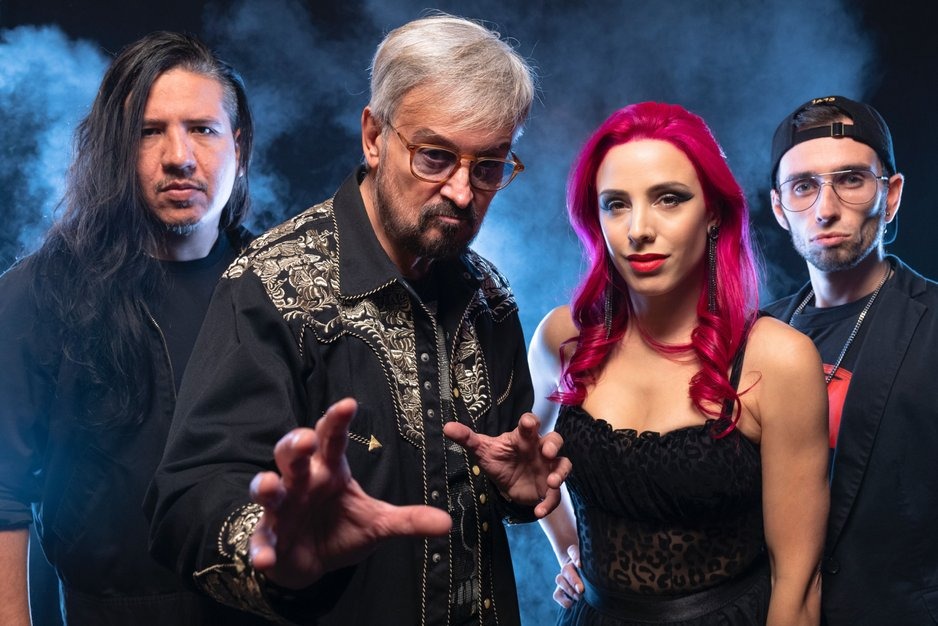
For Carpenter, the discussion goes beyond just technological novelty. He recalls how his own journey into composing was born out of necessity rather than artistic ambition. “Well, we didn’t have any money to hire a composer. So what happens? I compose it,” he said of his early work, particularly Halloween. “That’s the reason why my music is minimalist—I had no money!”
Simonetti, who started his career composing with a full band, noted how modern technology has already transformed the way music is made. “Today, I use digital keyboards, but I don’t change too much,” he explained, highlighting how he still strives to maintain the authenticity of his original sound.
However, with AI now capable of emulating orchestras, synthesizers, and even entire musical styles, the question arises: Will AI become the go-to solution for budget-conscious filmmakers, much like how Carpenter once became his own composer out of financial necessity? And if AI can now produce convincing soundtracks in seconds, what does that mean for the craft of film scoring?
While Carpenter and Simonetti remain rooted in their classic methods, the conversation reflects a growing concern within the music and film industries. AI-generated scores are already being tested in experimental film projects, and with studios always looking to cut costs, it may not be long before AI compositions start replacing human composers in more mainstream productions.
Simonetti offered a final, sobering thought: “This also happened with record covers. You go to AI, and you can have a hundred different covers in five minutes.” The implication is clear—music, like many other creative fields, may be on the verge of an AI revolution.
For now, both musicians continue to do what they do best: create haunting, unforgettable music that resonates across generations. But as AI grows more sophisticated, the future of human-made horror scores may become just another ghostly echo of the past.
Read the full conversation at Hero Magazine.
